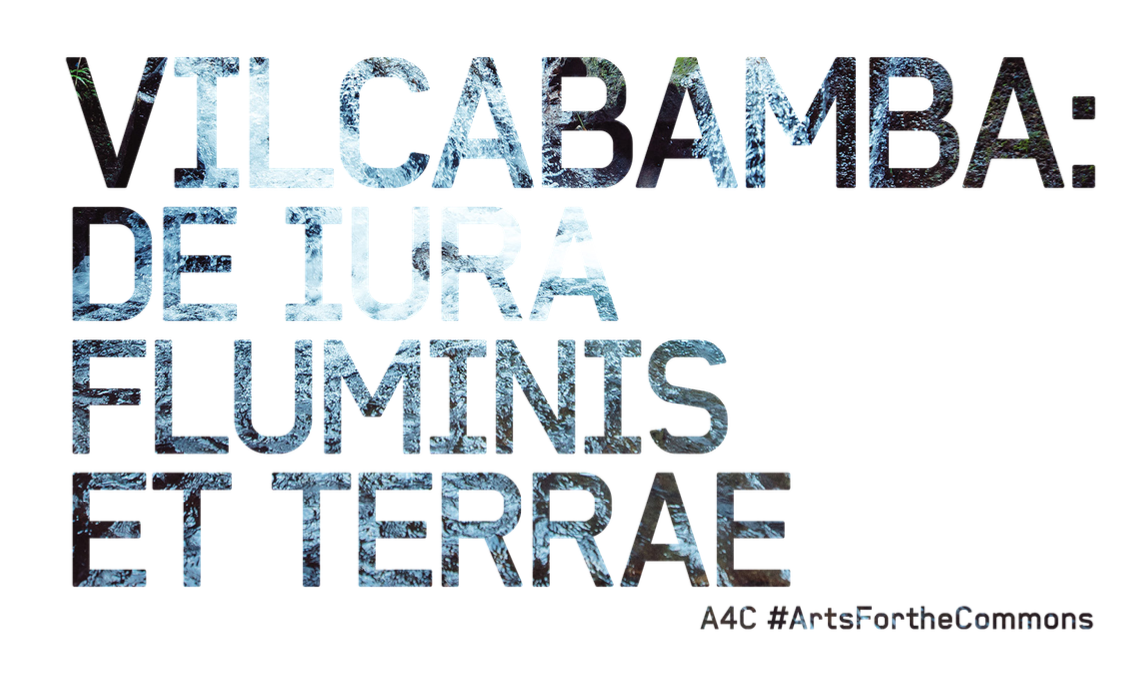Vilcabamba: de iura fluminis et Terrae

Published 2022-12-15
Keywords
- contemporary art,
- nature rights,
- voices of the rivers,
- activism,
- rivers rights
How to Cite
Copyright (c) 2022 MARIA ROSA JIJON CALDERON

This work is licensed under a Creative Commons Attribution-NonCommercial 4.0 International License.
Abstract
Vilcabamba: de iura flumnis et Terrae. A Chamber Music Piece in Two Acts and Intermezzo is an artistic project aimed at bringing the voices of rivers to the 23rd Biennale of Sydney. The work is inspired by a critical cartography approach, or what Nato Thompson and Trevor Paglen define as “experimental geography” to offer the opportunity to “rethink” the world, the plurality of worlds, and epistemologies that concur to reshape relations between humans and ecosystems. In this context, indigenous peoples recur to GIS (Geographic Information System, currently used, among others, to identify potential sacrifice zones for resource extraction) to challenge the dominant colonial-settler use and vision of land and territories and mainstream their cosmology, traditional knowledge, and livelihoods. Similarly, GPS (Geographic Positioning System) coordinates can be “hacked” to bring to light struggles for the recognition of the Rights of Nature and legal personhood of ecosystems, while advancing an imagery that aims to liberate political imagination and the voice of those ecosystems. Hacking geospatial technologies can offer the possibility for the non-human to be represented or to emerge, and hence challenge the dominant epistemology, creating a sort of “placement-displacement” circle, whereas the definition of a place brings with it a “displacement” of its canonical representation.
Downloads
References
- Clark, C., Emmanouil, N., Page, J., y Alessandro Pelizzon. (2018). “Can You Hear the Rivers Sing? Legal Personhood, Ontology, and the Nitty- Gritty of Governance”. Ecology Law Quarterly 45, 787-829.
- Crane, N. (2022). Latitude, the true story of the World’s first Scientific expedition. Penguin. Devoy, L. (29 de febrero de 2020). On the Line: The Story of the Greenwich Meridian Hardcover –
- Illustrated. Royal Museums Greenwich
- Gómez-Barris, M. The extractive zone. Social Ecologies and Decolonial Perspectives. Duke Universi-
- ty Press 2017,Durham, NC
- Mancero, D. “Devising the sound of the river as an acoustic ecosystem” 2022, www.voicesofrivers.net Mbembe, A. Brutalisme. La Découverte, Paris, 2020
- Valle, A. All numbers end in numbers. On a work by Alighiero Boetti, en “Imagine Math. Between culture and Mathematics”, Emmer, M. Ed. 2012,p.139.
